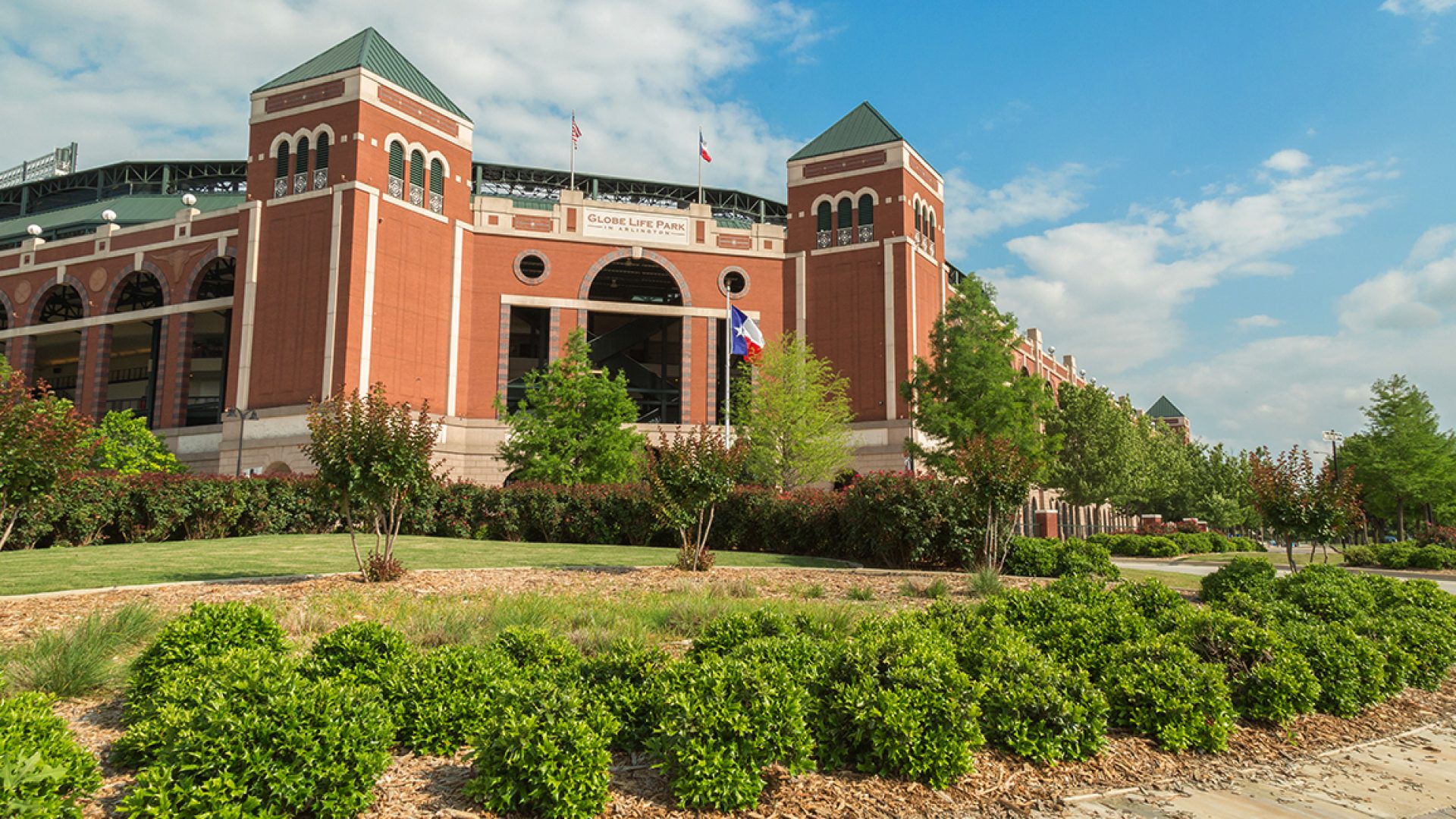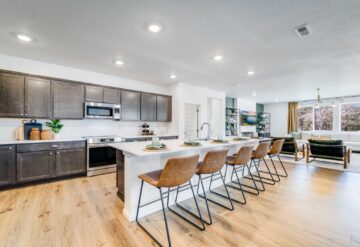U.S. News surveyed people across America to find out how much professional sports teams factor into their decision of where they call home. Here are the details from Devon Thorsby.
In a Google Consumer Survey of 2,000 people across the country, U.S. News asked how important it is to have access to professional sporting events in your hometown. Fifty-five percent of respondents said it was not a significant factor, with 42 percent of respondents replying that pro sports were not important at all. Only 17.8 percent of respondents rated professional sports of significant importance to them in their hometown.
While Americans largely seem unconcerned with having pro athletes represent their hometown, they seem to be buying into the sports hype when you look at a stadium’s impact on real estate. A study by Trulia found homes surrounding Major League Baseball stadiums are, on average, valued 15 percent higher than the rest of their metro area. Sports may not be a priority for most Americans, but employment opportunities, increased media attention and greater revenue for nearby businesses from people attending the games leads many to fall on the “pro” side of having a pro team.
“[National Football League] teams do bring dollars to town – people come to watch games, they bring media attention,” says David Weidner, managing editor of the Home Economics Research Team at Trulia.
Depending on the city, sport and team, professional sports can have a profound impact on real estate – not just in the neighborhood the stadium resides in but also in the city as a whole. Keep these three details in mind if you’re looking to benefit from the growth of pro sports in your hometown.
The three rules for real estate remain location, location, location – even for stadiums. Even the billionaires who own professional sports teams aren’t immune to the need for a good location. A ballpark, stadium, arena or any other pro sports facility can only have a significant impact on its neighborhood when it embraces the community, and vice versa.
Earlier this year, Trulia examined home values near every MLB park and NFL stadium. The reports examined which stadiums had both positive and negative impacts on nearby home values compared to the rest of the metro area.
Stadiums located downtown tended to boost home values more than those located on the outskirts of the city or in the suburbs. Weidner notes planning for stadiums is key to generating a positive impact: “Thinking a ball park is just going to drop in and suddenly all the home values are going to take off” is a big mistake on the part of teams and community planners.
Weidner points to the stadiums for the Dallas Cowboys and Texas Rangers, which are both located in the Dallas suburb Arlington, Texas. Home values near the Cowboys’ AT&T; Stadium are 4.9 percent less than the rest of the metro area, while homes near the Rangers’ Globe Life Park in Arlington are valued at 28.7 percent less than the rest of the metro area.




